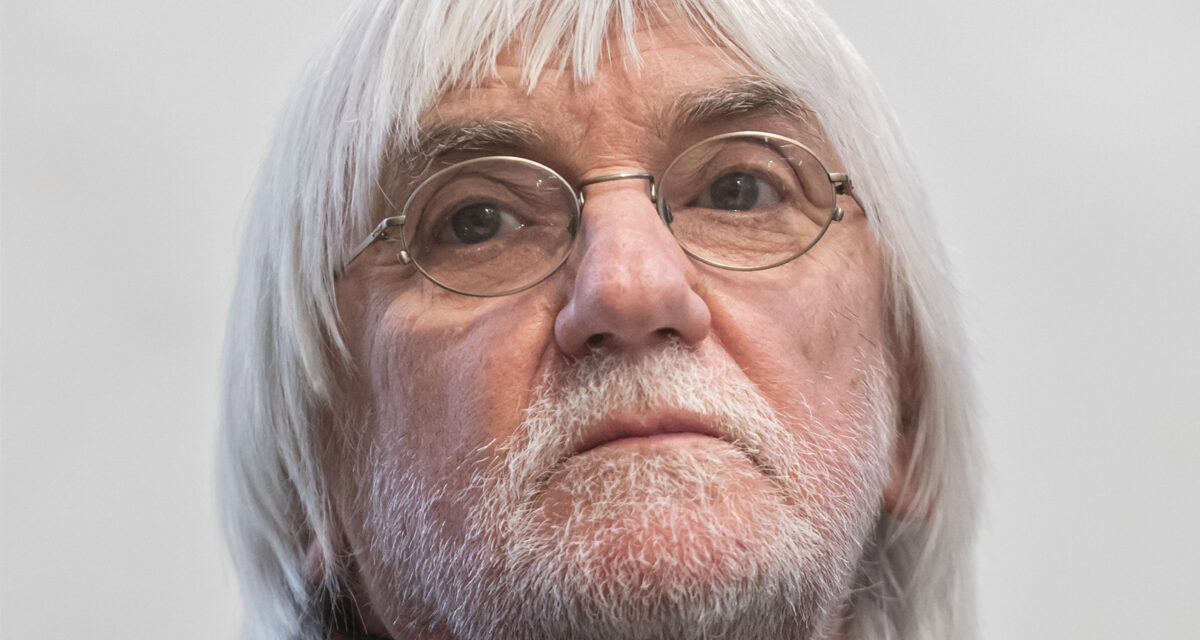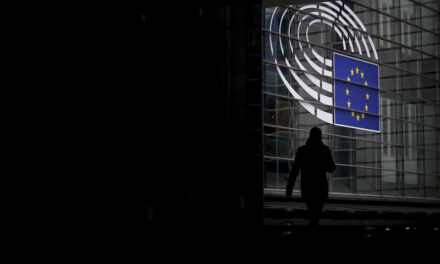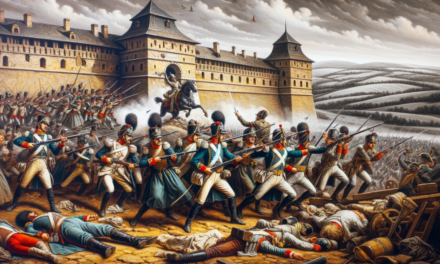On March 15, the outstanding figure of Hungarian popular music was honored with the Kossuth Award in recognition of his life's work. In an interview with Kossuth Radio, he said that his career was never driven by rebellion, but by instinct.
He studied classical music since he was a child. In 1968, at the age of 18, composer and performer László Tolcsvay made his debut as a musician. besides - on March 15, they were awarded the Kossuth Prize. In connection with the recognition, he gave an interview to Radio Kossuth.
"Many people congratulated me, but it's not like in the movies, when a person receives an important award and is immediately bombarded with offers"
László Tolcsvay began in the Kalendárium broadcast. He added that March 15 is an important date for him not only because that's when he received the Kossuth Prize, but also because this date defines his youth and his art.
According to his own admission, he was not a rebel, but a "gentle bloke", but at the same time he voiced his resistance in his art. Since March 15 was not a public holiday in the 70s, he wanted to remind people of the importance of the date, so he set the National Anthem to music.
"Petőfi could not be banned, but I could"
- remarked the former musician of Phonograph.
As a brave experiment, the musician who combines beat music with folk melodies modestly characterized his life with just one word, instinct.
"I never had an identity disorder, so I didn't have to constantly prove that I was aware of myself, and everything that came from me on a visceral level was considered progressive"
added László Tolcsvay. The entire conversation can be heard again on Kossuth Rádió's Médiaklikk page.
Featured image: Composer László Tolcsvay at the press conference of the rock opera The Gospel of Mary in Budapest, at the House of Traditions on April 26, 2022. The musical play by László Tolcsvay, Péter Müller and Péter Sziámi Müller, created 30 years ago, will be presented on May 3rd at the Csiky Gergely Theater in Kaposvár, on June 6th, at the Margitsziget Theater in Budapest, and in Debrecen and Tokaj in August. MTI/Zsolt Szigetváry












